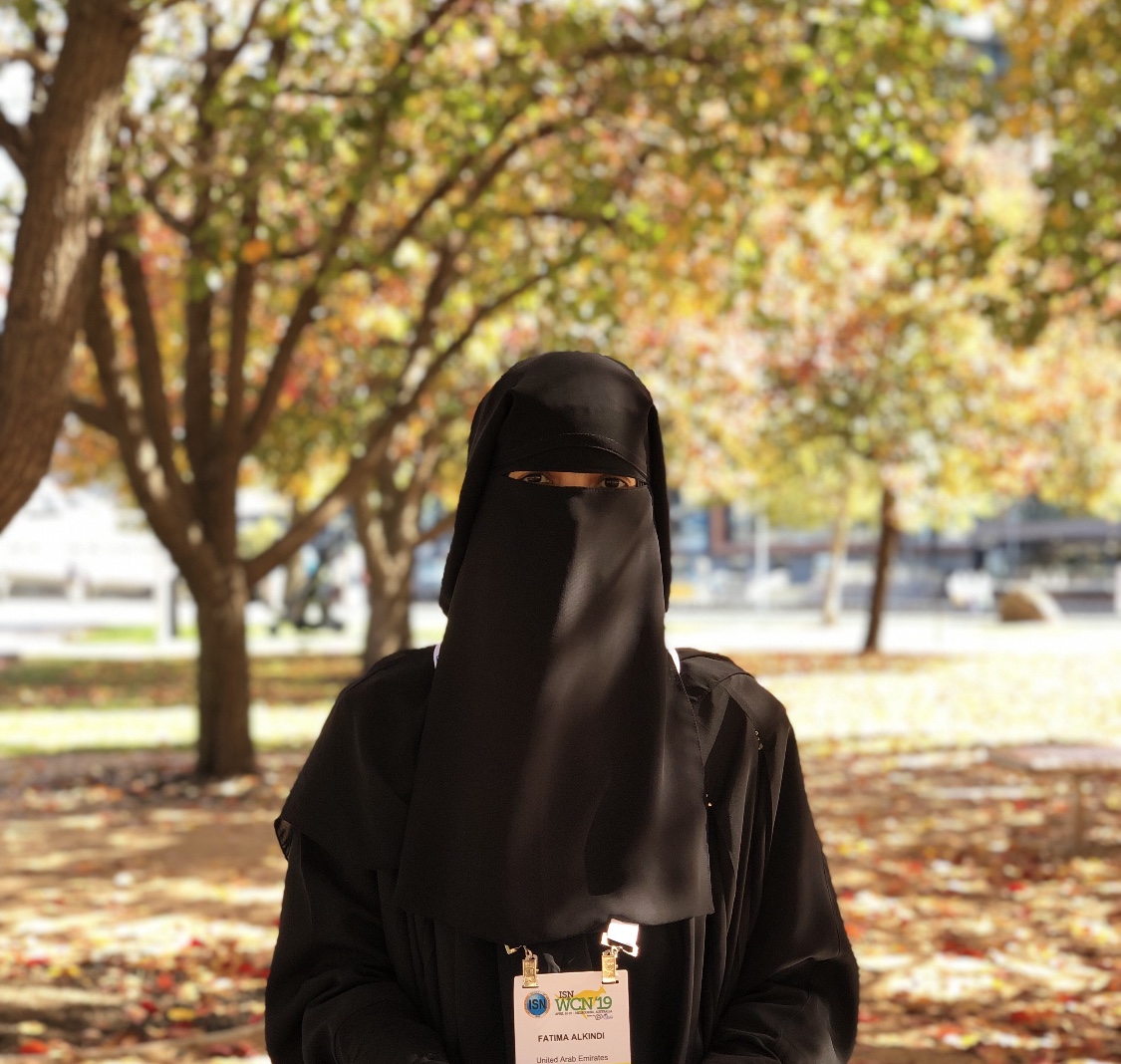
Telemedicine clinic for renal transplant patients during COVID-19 pandemic
Fatima AlKindi1, Rayhan Hashmey2, Ahmed AL Hammadi2, Dalal AlMansoori2, Ahmad Chaaban3, Mohammed AlHakim3, Qutaiba Hussain3, Saleem Aqeel2, Asad Khan2, Yousef Boobes3.
1Internal Medicine, Tawam Hospital, AlAin, United Arab Emirates; 2Infectious Disease, Tawam Hospital , AlAin, United Arab Emirates; 3Nephrology Department, Tawam Hospital, AlAin, United Arab Emirates
Introduction: The global pandemic of COVID-19 has been a huge challenge for health care systems with an estimated mortality rate of 1.4%. Elderly population, oncology and immunocompromised patients are at high risks with variable severity of the disease. As the data regarding COVID-19 in transplant population is emerging and new insight need to directed toward reducing the risks and embracing new health care services and standards. Sharing such experience is fundamental for other health care systems to learn, adapt and innovate during this medically demanding period. We would like to shed a light on telemedicine service and innovative ways in dealing with renal transplant recipients in a tertiary hospital in United Arab Emirates.
Method: We descripted our experience in dealing with outpatient services provided for renal transplant recipients during COVID-19 pandemic (Tawam Hospital, AlAin, UAE). The transition from clinic visit to telemedicine clinics, home delivery of medications and reducing risks of COVID-19 infection among such vulnerable patients.
Results: More than 200 renal transplant recipients are following up regularly in our outpatient nephrology clinics. As the number of COVID-19 infected cases is increasing in UAE, rigorous measures at local, society and international levels have been implemented to contain and overcome this pandemic. Telemedicine clinics was considered a reasonable choice to reduce the follow of the renal transplant patients to hospital where they can acquire the infection. Scheduling of the patients, sending reminders, phone communication with nephrology consultant, laboratory orders and documentation on electronic health record were allocated. Medications prescribed was delivered to the patients’ home free of charge and some patients might be eligible for refill medications over 3 months. Renal transplant patients with abnormal laboratory results and/ or symptoms of respiratory infections that required medical attention will be directed to clinic or emergency visit. Pre-transplantation workups were not performed. With national regulation of “Stay At Home” Initiative, renal transplant recipients were instructed to limit exposure with other people, avoid unnecessary out home activities and some were provided medical report to perform work at home. Hand hygiene, universal mask wearing, avoidance of sick patients along with infection control measures are essential. Through humanitarian UAE efforts: personal care supplies are provided for needy patients. Patients who came from outside UAE, they required to stay at home if asymptomatic for 2 weeks with repeated COVID-19 screening per protocol. Several hospital polices and clinical pathways were considered. Medical personnel were at front line to accommodate and embrace such changes with continues monitoring.
Conclusion: Medical innovations and telemedicine has positive impact on health care provided for renal transplant recipient during COVID-19 pandemic. Adopting high standard health practices along with other infection control measures resulted in less COVID-19 infected renal transplant cases.